Vietnam biomass industry is essential to the country’s energy sector, utilizing renewable resources from plants and animals for different purposes. Biomass is applied in diverse areas such as energy generation, heating, and transportation fuels, livestock and farming, etc. As a whole, Vietnam biomass market receives great attention from world thanks to the country’s capacity in this field. In this Part 1, one of the biomass sources, which is Biomass from wood and wood residues.,will be introduced comprehensively.
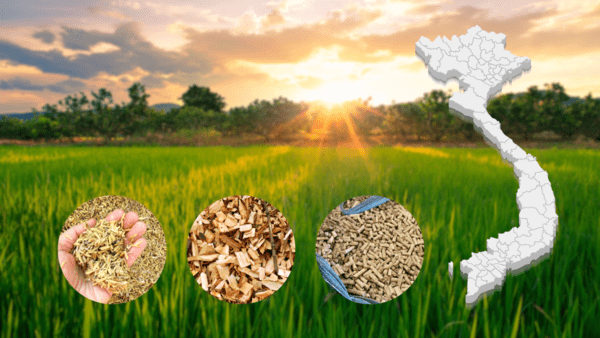
What is Biomass?
Biomass is a renewable material derived from plants and animals. It can be burned directly for heat or transformed into liquid and gaseous fuels through different processes. Biomass is commonly used for heating, electricity generation, and as a transportation fuel. It plays a crucial role as a fuel source in many countries, particularly in developing nations for cooking and heating.
Biomass energy sources encompass a variety of materials, including:
- Wood and wood processing residues: firewood, wood pellets, wood chips, sawdust and waste from lumber and furniture mills, as well as black liquor from pulp and paper production.
- Agricultural crops and by-products: corn, soybeans, sugar cane, switchgrass, woody plants, algae, and residues from crop and food processing, primarily used for biofuel production.
- Biogenic materials in municipal solid waste: paper products, cotton and wool items, and food, yard, and wood waste.
- Animal manure and human sewage: utilized for producing biogas, also known as renewable natural gas.
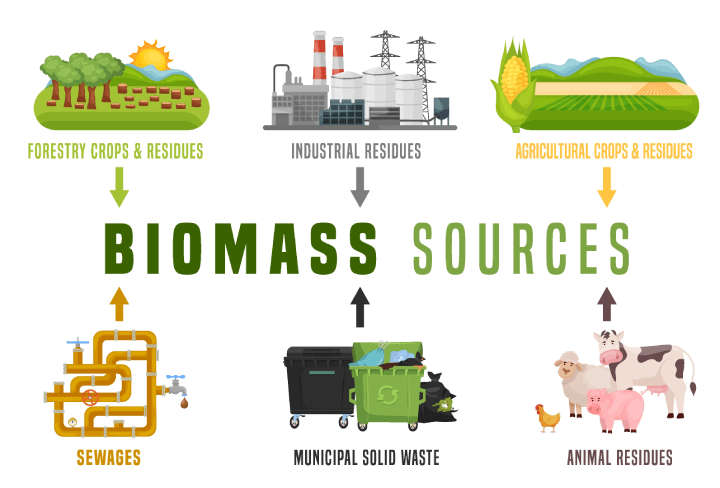
Biomass is a renewable material derived from plants and animals. Source: electropages
Vietnam Biomass Market – Wood And Wood Processing Waste
Vietnam Biomass Wood Origin
The composition of wood used for Vietnam’s wood chip exports is predominantly Acacia, which makes up 98% of both the volume and export value. The remaining 2% consists of eucalyptus, pine, rubber, and other wood types. Acacia dominates the raw material structure due to its superior productivity and quality compared to other tree species.
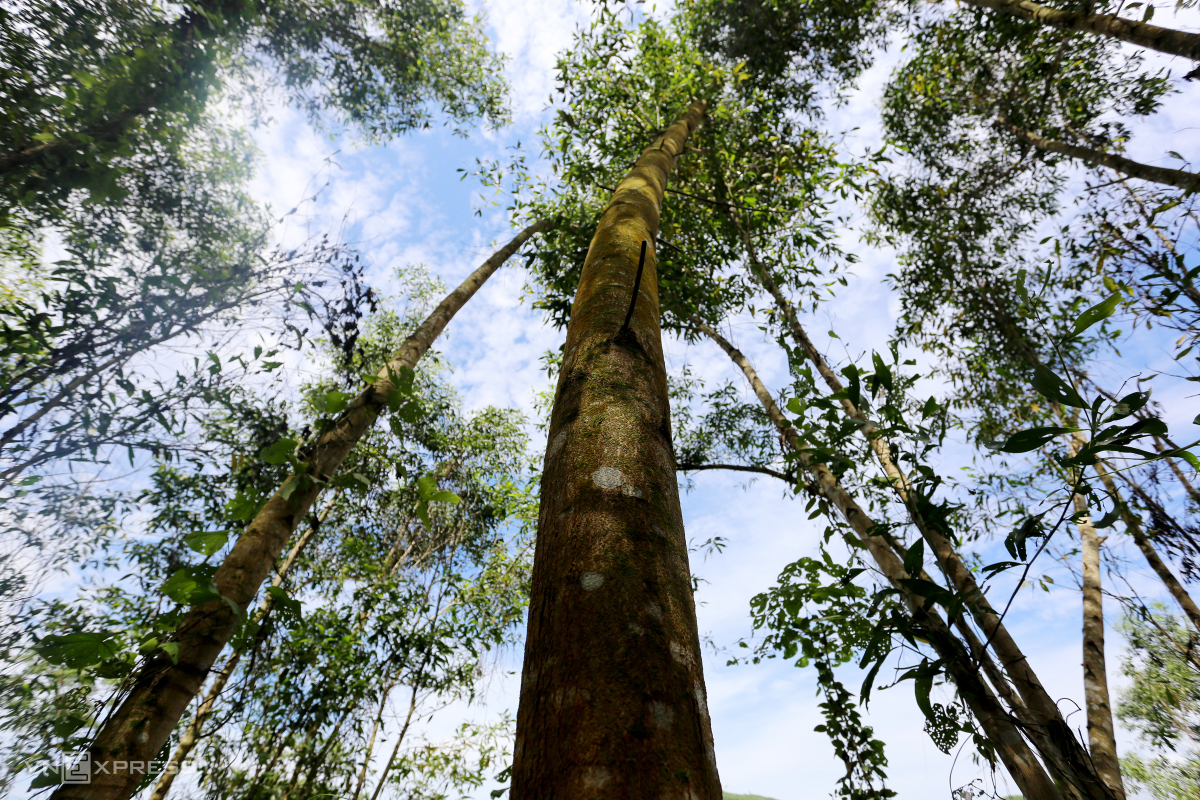
Acacia is currently the most widely planted forest tree species in Vietnam. Source: VnExpress
Acacia is currently the most widely planted forest tree species in Vietnam. According to the General Department of Forestry, by 2020, the acacia plantation area had reached 2.35 million hectares, accounting for over 53% of the country’s total planted forest area. The remaining 47% is comprised of more than 50 other timber species, including rubber, pine, mangrove, and cashew. The acacia area has steadily expanded over the past decade, largely due to its popularity in processed export products. Acacia wood is now used for producing wood chips, paper pulp, wood pellets, plywood, construction furniture, and especially for manufacturing exported wood products.
Biomass Export From Vietnam
According to the Vietnam Timber Association’s report at the wood industry conference held on June 21, 2019, in Hanoi, Vietnam is the world’s leading exporter of wood chips, contributing 30% to the global wood chip export market. In 2019, the export value of wood chips nearly reached $1.5 billion, representing approximately 15% of Vietnam’s total export revenue from wood and wood products.
In 2023, Vietnam exported wood chips to 13 different markets, with China and Japan being the largest importers. Additionally, South Korea and Taiwan also imported a significant quantity of wood chips from Vietnam.
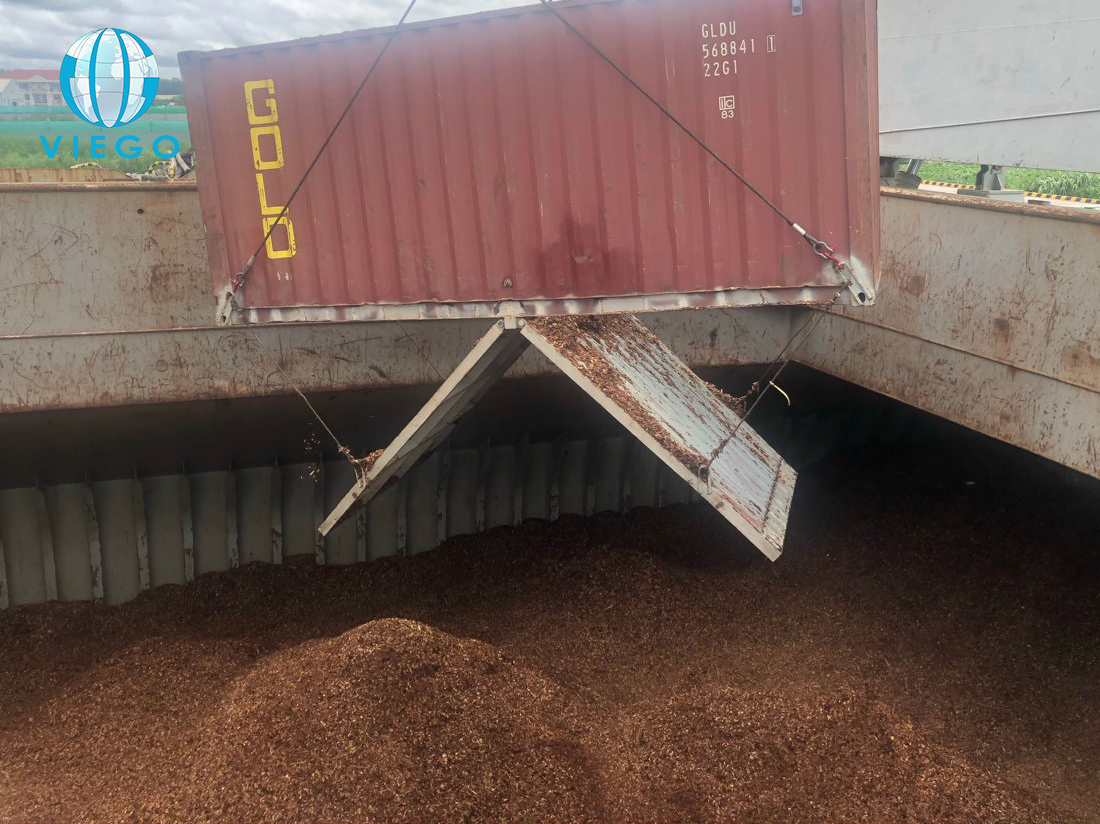
Vietnam exports wood chips to 13 different markets, with China and Japan being the largest importers. Source: Viego Global JSC
The Vietnam Timber and Forest Products Association reported that in 2023, pellet exports amounted to 4.67 million tons, generating an export turnover of $679.59 million. This represents a decline of 4.3% in volume and 13.7% in value compared to 2022, accounting for 5.2% of the total export turnover of the wood industry. Vietnam remains a significant exporting country in this sector.
South Korea and Japan are the primary importers of Vietnam’s pellets. Since 2019, nearly 100% of the total volume and export value of pellets from Vietnam has consistently been directed to these two countries.
Most common Vietnam Biomass Products From Wood And Wood Processing Waste
Vietnam Wood Chips
Wood chips are utilized in industries such as pulp production, particle board manufacturing, fiberboard production, and as fuel for furnaces. Global demand for wood chips has steadily increased in recent years.
In Vietnam, approximately 1.2 million cubic meters of forest wood are used annually for fuel wood chips, primarily sourced from tree tops, branches, leaves, and stumps. A portion of these fuel wood chips is exported to countries like South Korea and various European nations, where they are used for thermal power generation, other industrial applications, and household activities. The use of wood chips as fuel is considered safe, environmentally friendly, and cost-effective.
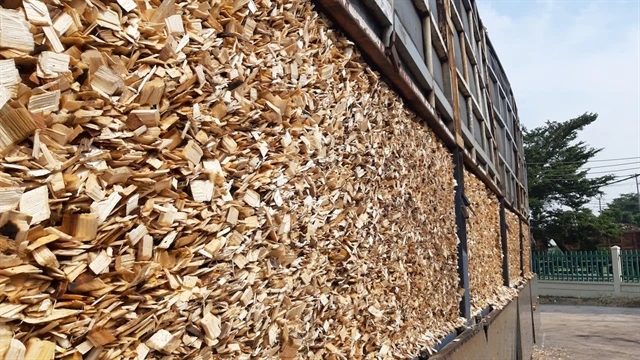
Vietnam is one of leading wood chip exporters in the world. Source: Vnexpress
Vietnam Wood Pellets
Wood pellets are widely used in both everyday life and industrial production, serving as fuel for thermal power plants, bedding for livestock farms, and a heating source that can replace electricity or coal. This renewable fuel significantly reduces CO2 emissions.
The production of wood pellets involves processing wood materials and wood waste, which are chopped and crushed into sawdust. The sawdust is then dried and compressed under high pressure to form wood pellets.
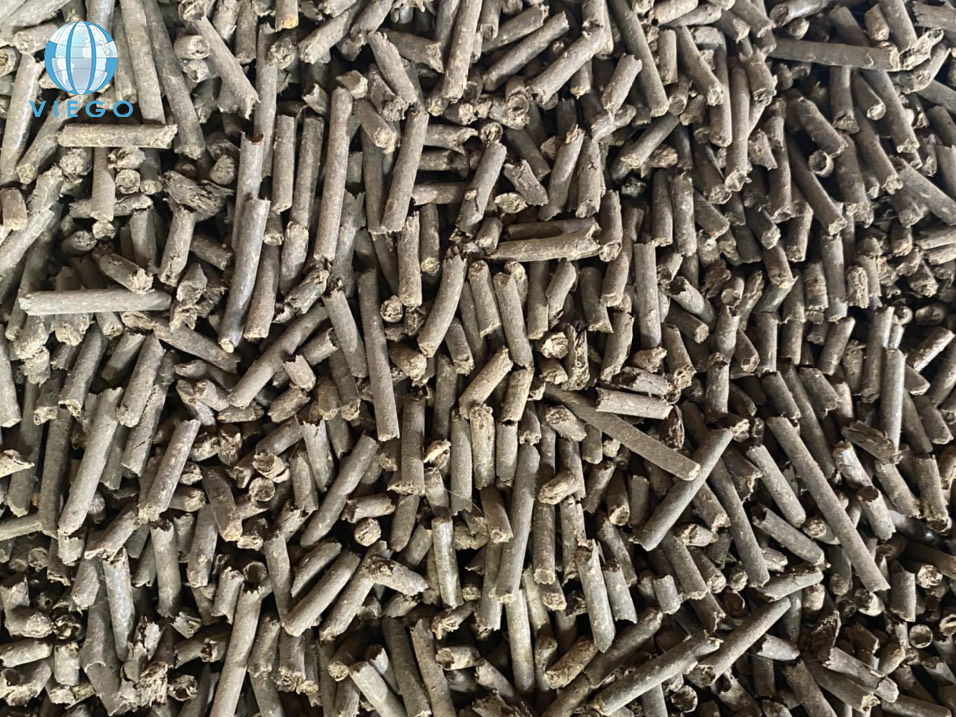
Wood pellets are widely used in both everyday life and industrial production. Source: Viego Global JSC
Vietnam Sawdust
Sawdust pellets are not only a popular wood fuel globally but also highly valued in the market. In Vietnam, sawdust is in high demand and used in various industries. It serves as a fuel source, animal bedding, soil conditioner, fertilizer, and for mushroom cultivation. Additionally, sawdust can be compressed into pellets for use as fuel in pellet stoves or as a renewable energy source. For export purposes, sawdust is often pressed into blocks.
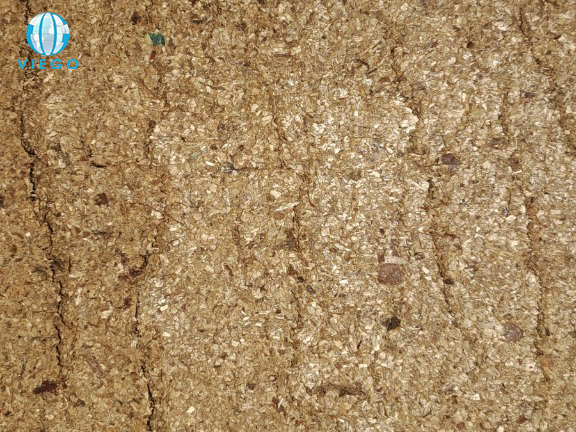
Sawdust serves as a fuel source, animal bedding, soil conditioner, fertilizer, and for mushroom cultivation. Source: Viego Global JSC
Vietnam Wood powder
Wood powder is produced from types of wood like acacia and eucalyptus. The process involves chopping the wood into small pieces and then grinding it into a fine powder. This material is clean, renewable, and biodegradable, and it is generally inexpensive to produce compared to many other materials. Wood powder can be used in paper, plywood, wall panels,…
Typically, wood powder has a moisture content of 8% and a mesh size ranging from 20 to 80. However, there is also a specialized type with a moisture content of 4% and a mesh size of 100 that is also viable.
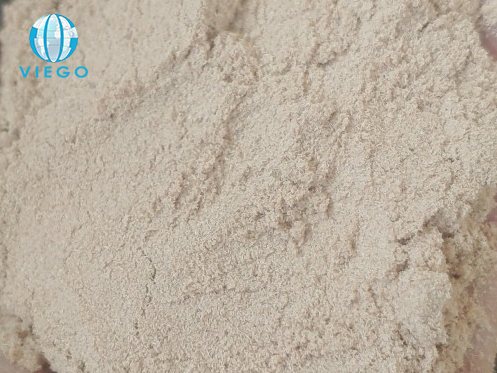
Wood powder is produced from types of wood like acacia and eucalyptus. Source: Viego Global JSC
Viego Global – Your trusted sourcing partner in Vietnam
Given that Vietnam has big capacity of biomass, it is not easy to find a trustworthy biomass supplier to work with, however. Let’s answer the questions below before conducting your sourcing:
- Are you going to import biomass from Vietnam?
- Are you finding a Vietnamese trusted supplier for different biomass, like wood chips, wood pellets, sawdust, wood powder?
- Are you finding Vietnamese biomass source of supply with high quality and competitive price?
If your answer is yes for all, please feel free to contact us at Whatsapp line +84 56 264 6315 or email hello@viegoglobal.com
Being present at the economic centre of Vietnam, Viego Global can greatly help you professionally source and execute order, providing maximum benefits to our clients in terms of delivering a wide range of products at the best competitive pricing. Please contact us HERE for further support about Vietnam Biomass Industry!